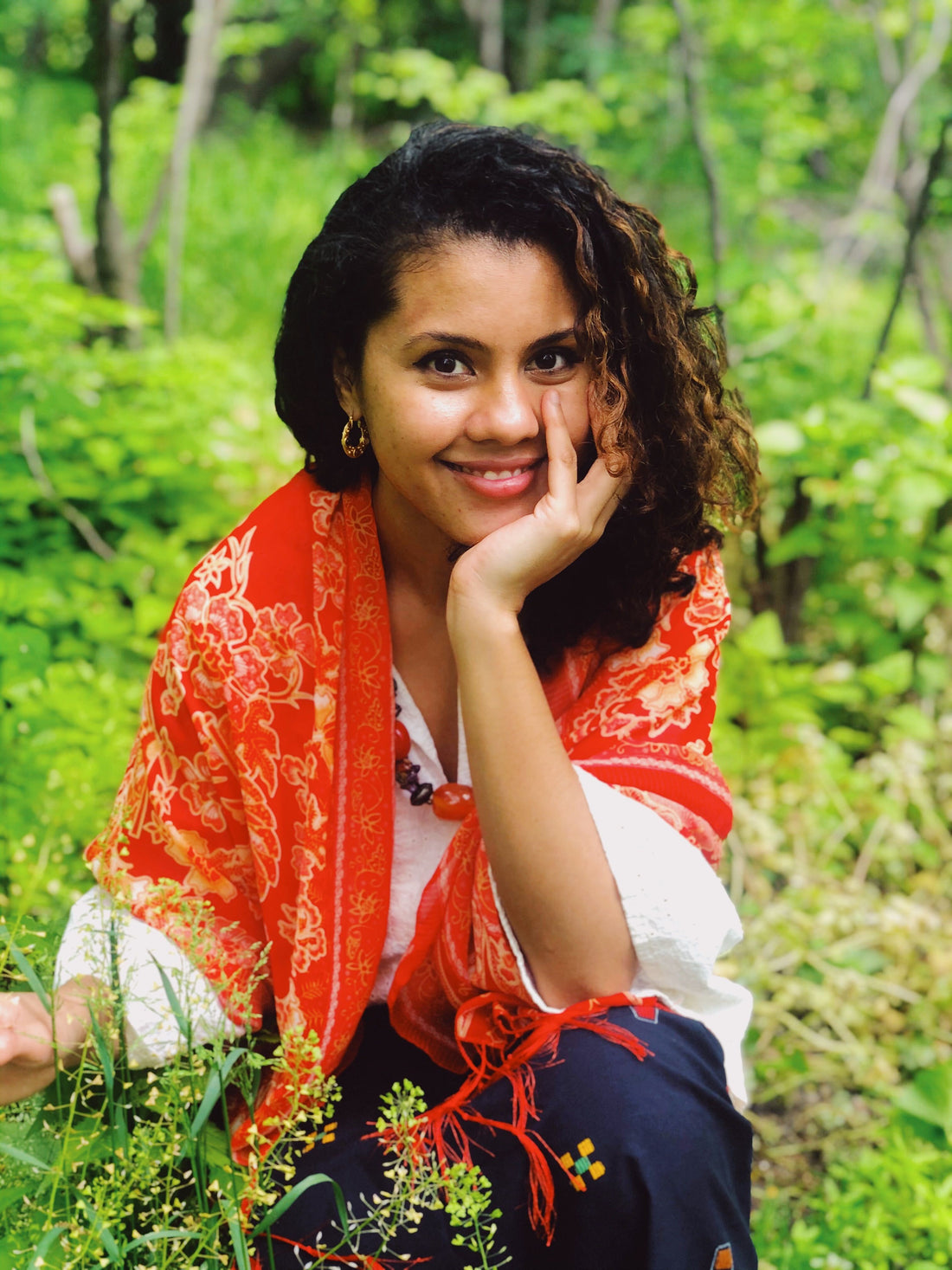
What inspired you to want to work with Re-Nuble?
A few things struck me about Re-Nuble when I first came across the company
- The culture was great - It was a space where you were valued as an individual, but the ultimate goal was to create a larger impact that would impact society positively. This is extremely important to me because I firmly believe that businesses can be profitable while also playing an active role as a change agent within communities.
- It viewed things that most people would take for granted as an actual resource – The idea that food is considered “waste” is baffling to me. Through my experience with urban farms, I began to develop a deep appreciation for the food I was growing. The fact that Re-Nuble had identified this issue and was coming up with a solution that would not just reduce food waste, but also use it to create a closed-loop system, I was sold!
- It was saving our soil (indirectly) – A lot of the food we eat today is hammered with chemicals. When all of this food hits the landfills, the chemicals seep back out and contaminate our soil. Re-Nuble was helping us avoid this by reducing the need for these chemical inputs to grow our produce. I’m a huge proponent of healthy soils so this was a no-brainer for me.
As a young girl, my mother was the first to introduce me to hydroponic farming. We used to grow lettuce on our balcony which, at that age, was fascinating for me to experience! I also used to help my father around the garden a lot - there were times where we'd be at the nursery every other week getting new plants! At that time, I really had no idea what I was doing – or so I thought. Fast forward to my adult years where I began to realize the impact of all of those hours in the garden. I wouldn’t say I have the best green thumb, but I’d say I have a “green-ish” thumb. Back in Malaysia, I was part of a group that developed a local community farm (my proudest moment was when we planted and harvested paddy. Mega exciting!) and planted a few crops at home as well (although only one of those crops survived my “magic touch”, much to my family’s amusement). Here in NYC, I continue to help out at a few urban farms, and recently I’ve started growing vegetables in my apartment – which is a whole different ball game with sunlight and space being a rare commodity!
A big thing for me - apart from the usual recycling and reuse activities - is sustainable food practices. Besides starting to grow my own vegetables and herbs, I’ve gotten into composting over the last few years, dropping off my food at Grow NYC Farmer’s Markets. I’m also trying to find creative ways to reduce my food waste as much as possible, especially considering the work that we do at Re-Nuble! Recently, I made candied citrus from some leftover orange peels and added it into a chocolate cake that I was baking. I’ve got to say, I wasn’t sure if it was going to work but... poof, it (miraculously) worked! Don’t be shocked if you see me on the TV show, “The Great British Baking Show” (excuse my “Dad joke”). Another thing which I absolutely love doing is collecting my unused vegetable scraps and then boiling it for a few hours to create some good ol’ vegetable broth. The possibilities are endless.
As a huge fan of regenerative agriculture, I’m always on the lookout for ways to push this agenda forward. The regenerative agriculture approach is hinged upon soil restoration through holistic farming techniques. In other words, nature takes the wheel. Typically, technology isn’t a focal point for regenerative farming. However, in the case of Re-Nuble, I would love to see how we can bridge the gap between soilless and conventional farms to reinvigorate our soil, push forward quality and sustainable technology, and champion regenerative agriculture further?
I’d also like to see us challenge the current food system, and (obsessively) zone in on resource inefficiencies across the supply chain which are contributing negatively towards the environment and our communities. I’m proud to say that we’ve done an incredible job thus far, thanks to all of our team members, and I can’t wait to see how much more work we can do to impact the industry. This would include making nutritious food accessible for all.
Lastly, I think we have the potential to involve the voices of the underrepresented, especially considering we’re a team with diverse backgrounds and experiences, be it in terms of nationality, race, and background. For example, how do we take into consideration the perspectives of local/indigenous communities when it comes to developing our technology? Do they have any insights that we can incorporate into our technology which will be beneficial for all? There is so much deep-rooted wisdom in these communities and we need to involve them in the conversation.


